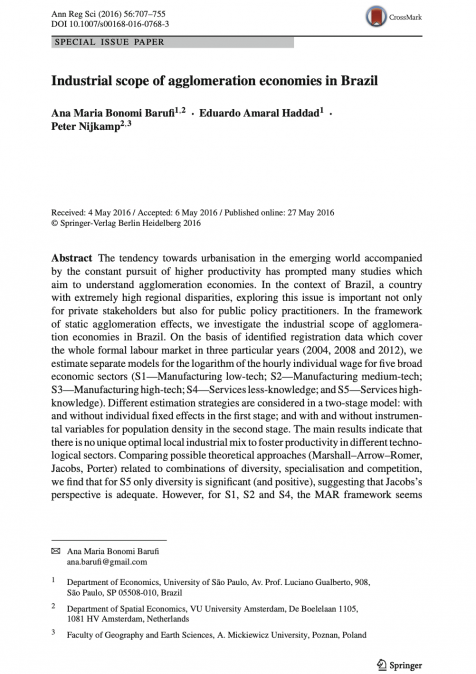Publications /
Policy Brief
At the heart of this century's top priorities are food security, environmental protection and improving the standard of living. With soaring population growth, strong industrialization exerting pressure on natural resources, and accelerating climate change and desertification, a number of actions are being taken to achieve neutrality in terms of land degradation. Conserving and restoring ecosystems, while making rational use of natural resources to meet the population’s needs are essential. In order to achieve this goal of neutrality by 2050, a series of projects and initiatives at the national and international levels are being carried out in succession and must complement each other.







